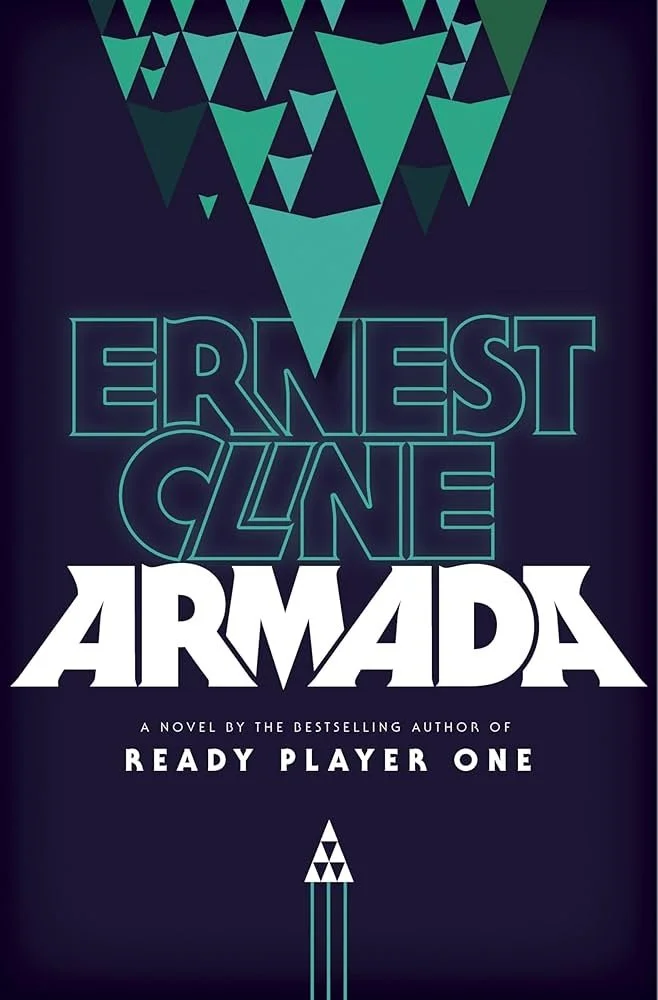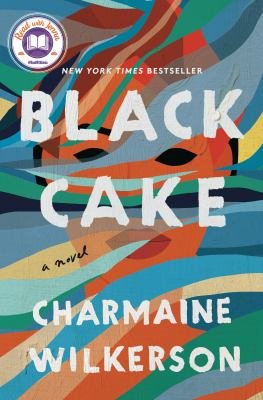There’s so much to say about this book series. I bought it for my son based on the faith reviews. When the TV show was announced, I had to read them before we could family-watch, as we have an official books-before-movies policy.
Once Andrew Peterson booked a concert at my church, I decided I had to read them faster so I’d be done in time! Fortunately, as these are children’s books, they are very fast reads, despite getting longer as they go. Also, the delightful titles North! Or Be Eaten and The Warden and the Wolf King… chef’s kiss. Perfection.
There’s definite darkness here, fair warning. Abduction, child slavery, family betrayal, war violence in general — I’d say at least Narnia level (but without the overt allegorical features).
Things you don’t understand yet but soon will:
Peet the Sock Man. Ships & Sharks. Blindplop. Toothy Cows. Podo.
And then he heard the most terrifying sound you can experience in the Glipwood forest: Moo.
I know that doesn’t make sense. Yet. So go read the series.
One warning: I would not have kept going if I didn’t have my son telling me how good the story is… because the beginning is rough. I mean, I love silly, but it is SILLY. In my opinion, the first few chapters do not match the tone of the rest of the series. I mean, it remains funny (expect fart jokes), but only in the context of a very compelling adventure.
I don’t want to ruin too much (mild spoilers ahead) — but things I loved:
The little sister’s gift is the weak one UNTIL IT ISN’T and then you’re like WHHHHHAT and it’s just the best best best
The older brother hates being the caretaker UNTIL HE DOESN’T and then you’re like WHHHHHAT and it’s just the best best best
Ugly isn’t evil, but beauty isn’t kindness, either
Fatherhood and adoption (possibly too speedy but we’ll give them that in a time of war)
Dogs, of all sizes (all sizes)
Troll poetry
The way the humans have a choice to serve evil (and we do choose it) but at the same time cannot choose to be “good” ourselves, goodness/redemption is a gift at great cost
Do I love every single editorial choice in the books? No. I would complain about a few specifics (one big one, ahem, the golden bear).
Are the stories still fan-flippin-tastic? Yes. Read them with your family. You’ll cheer SO MUCH and probably a bit cry, too. And if fast jokes are you jam, you will also laugh.









